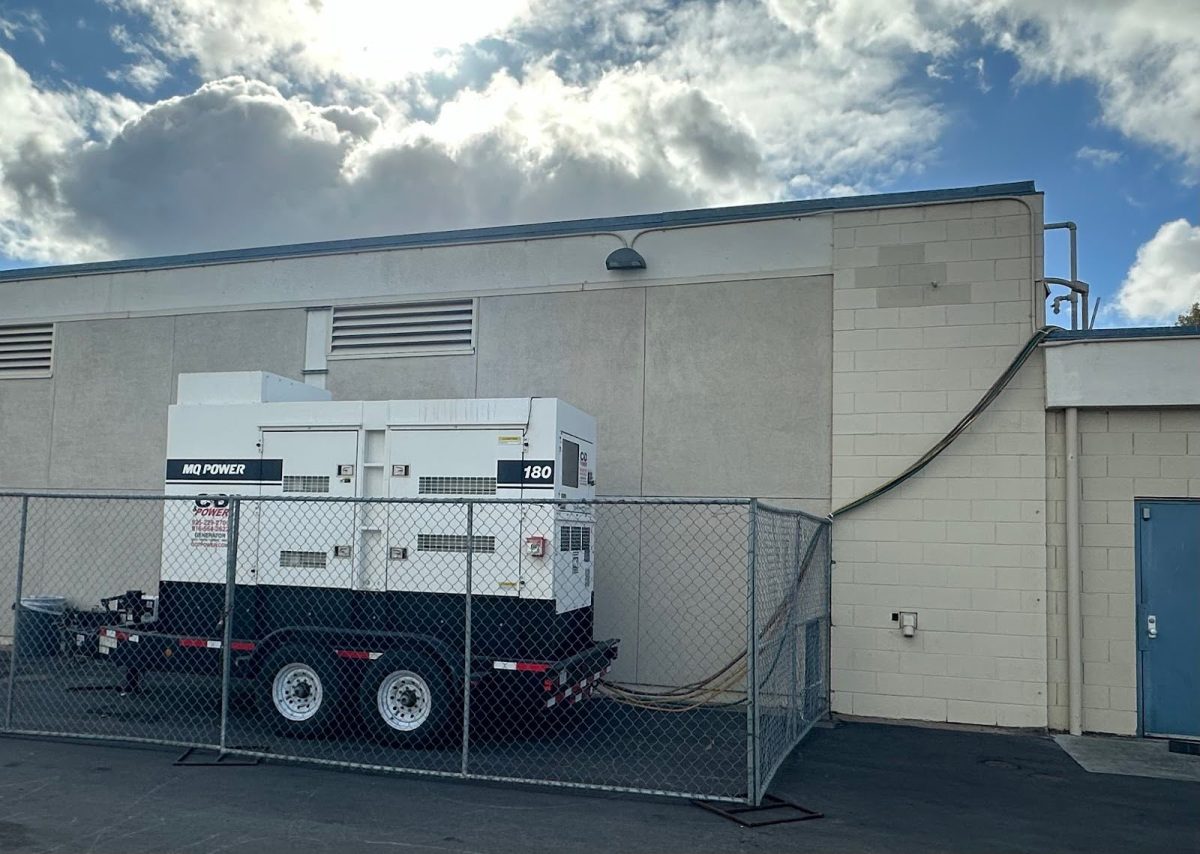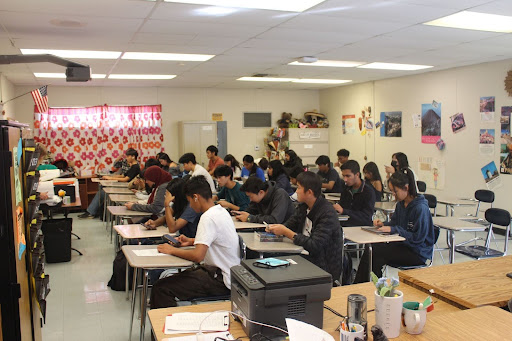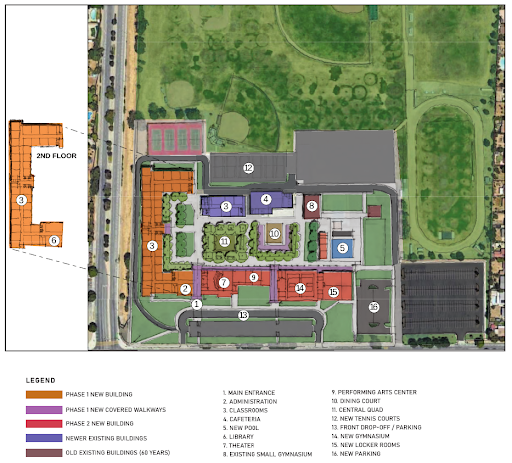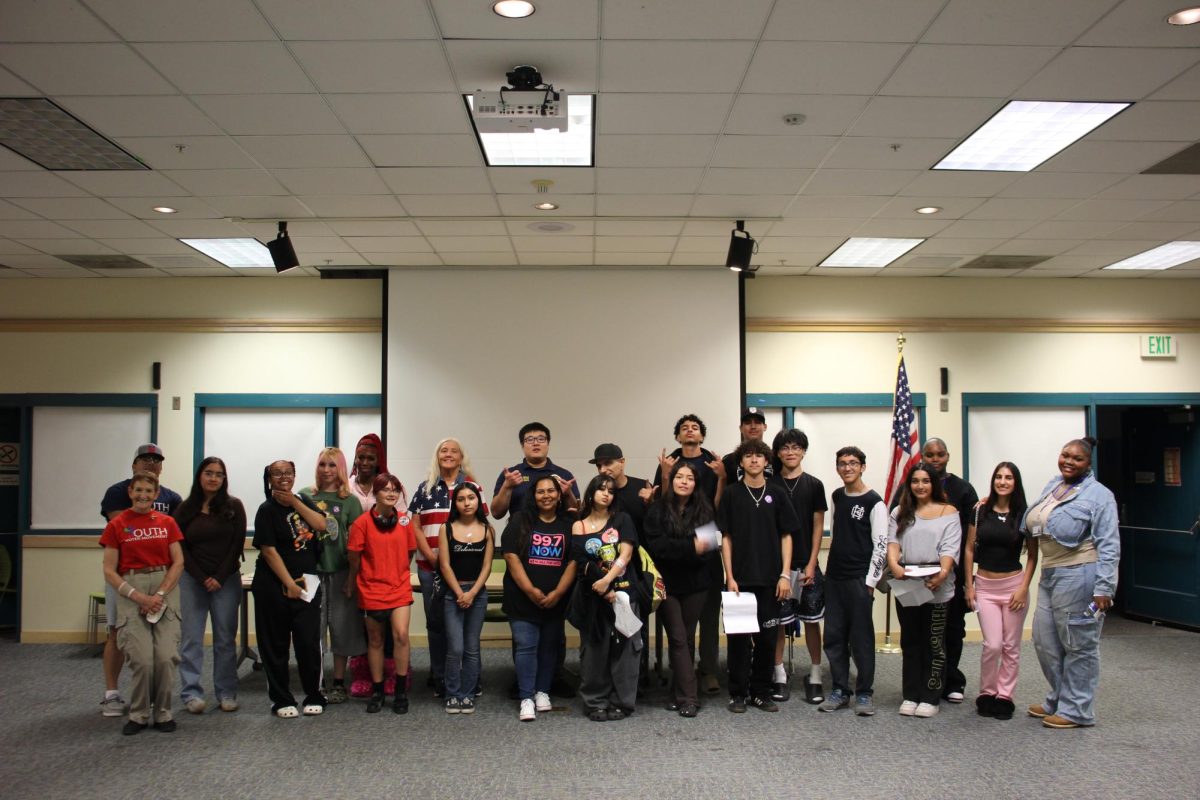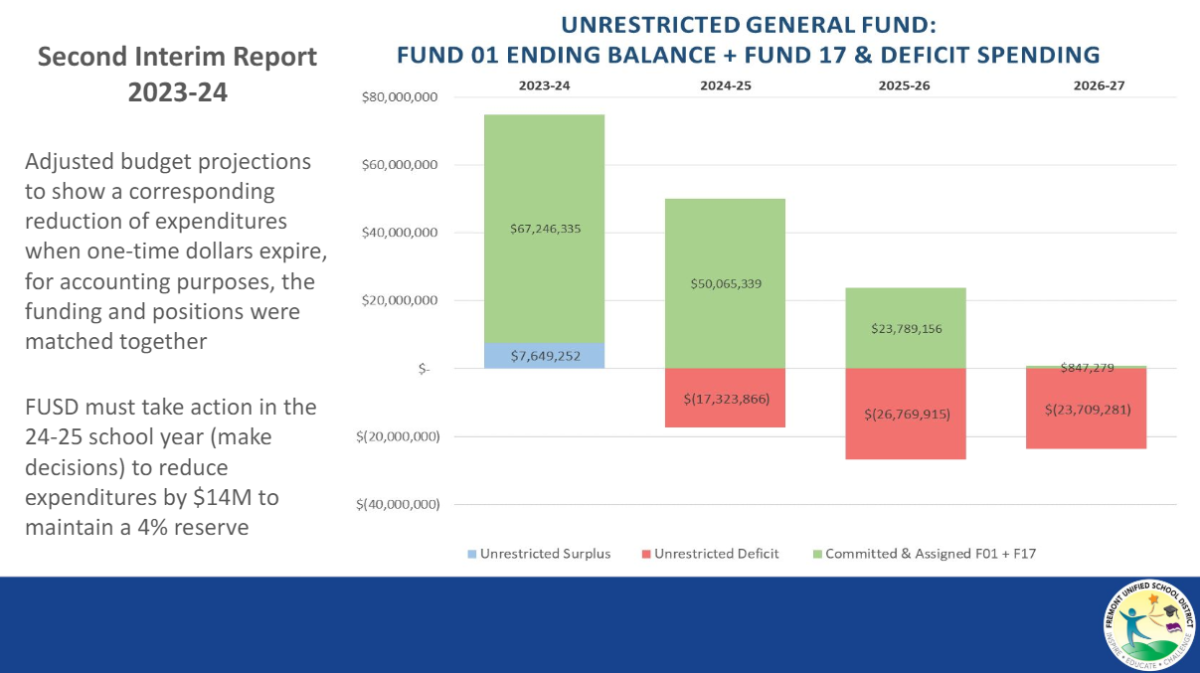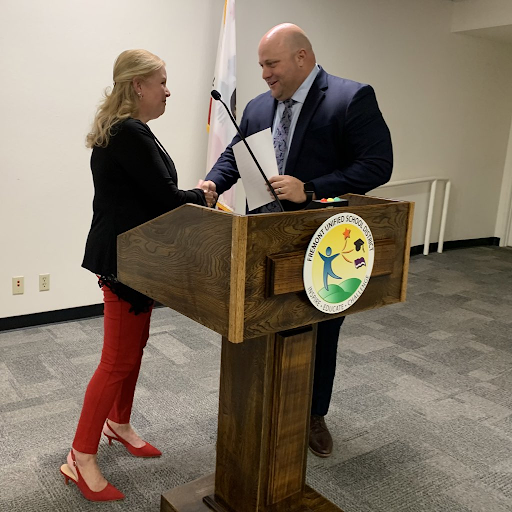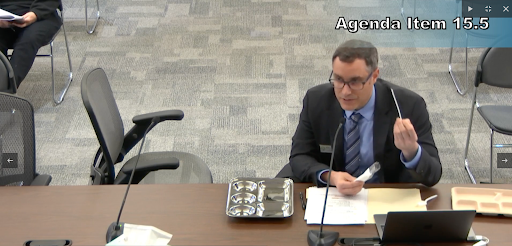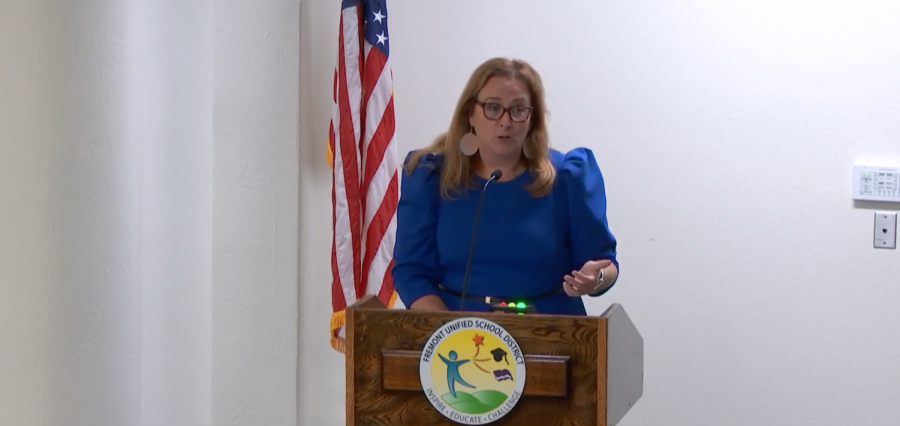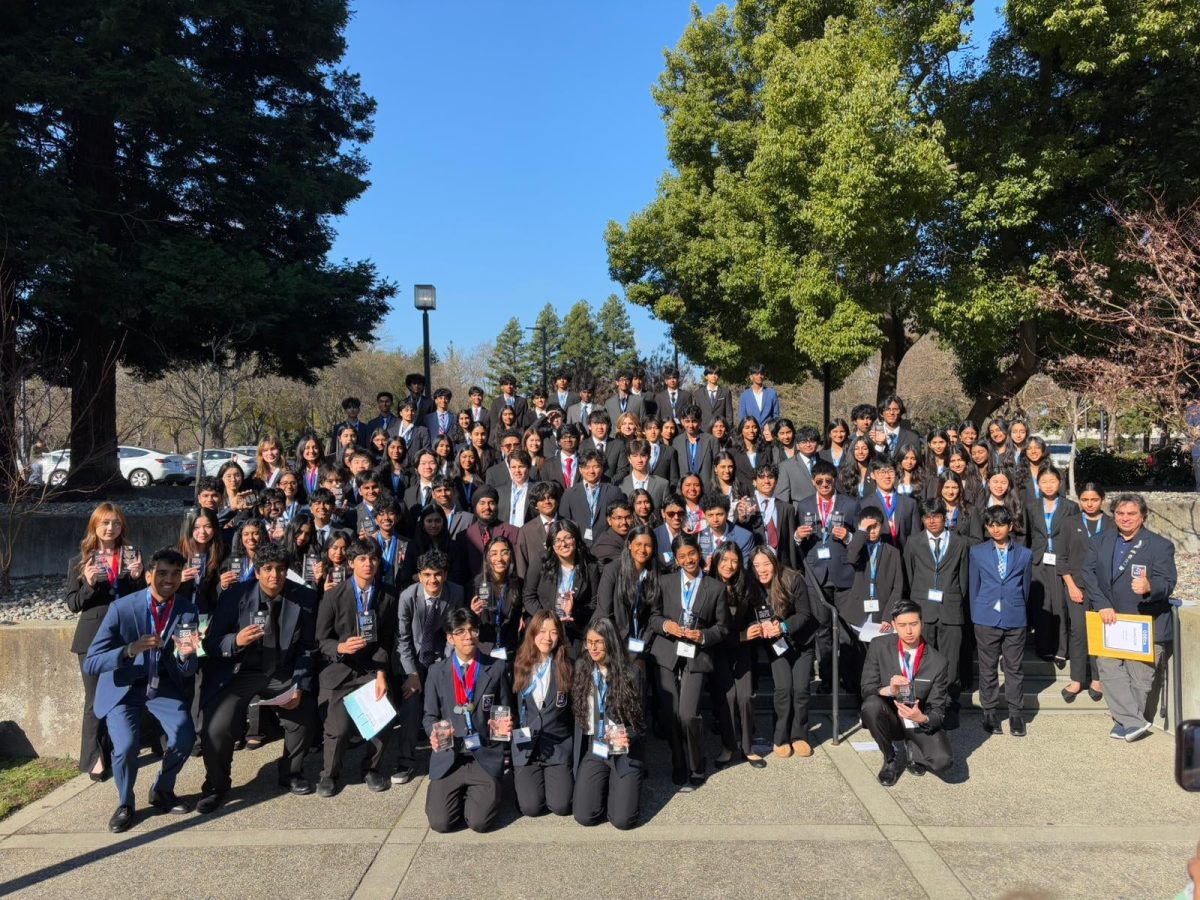By Caitlin Chen | Opinions Editor
As part of the California Board of Education’s new science standards, called the Next Generation Science Standards (NGSS), FUSD plans to implement mandatory standardized science classes and require three years of science.
Though FUSD will not restrict student access to AP classes, individual high schools will decide their science class policies. According to Principal Sarah Smoot, because Irvington only allows students to take one science course each year before senior year, students may not be able to take AP science classes before their senior year, when they can take up to two.
“I still am very concerned about overloading students if we added a third year of science and let students take AP classes concurrently,” Principal Smoot said. “Imagine your junior year. If you have all these AP classes, when are you sleeping? It’s too much. It’d be wall-to-wall academic classes, and it’s not in the best interest for students’ health at 16 years old. ”
According to Principal Smoot, the NGSS classes will combine content from traditional biology, chemistry, and physics classes to meet the new standards. Students will no longer be able to take current courses such as freshman biology or Integrated Science, and they will need to take the optional AP classes with the required NGSS science classes.
“I’d prefer to keep the current Irvington system,” Science Department Head Mr. Lee said. “It will mean a drastically new reorganization versus if we keep the current organization. Right now, we already have rigorous classes, and we have opportunities for students to take AP classes. With the new system, students have less opportunities to take these classes.”
Junior Ahir Datta opposed the way the classes are going to include all fields of science.
“There are clear distinctions between how each field of science approaches its subject,” he said. “By having classes that mix these somewhat incompatible fields together instead of having separate classes for each type of science, these subjects will be more confusing for students.”
However, FUSD K-12 Math and Science Program manager Sue Lemke said that the new science classes will aim to provide students with a more comprehensive education.
“One of the goals is to develop students who are college- and career-ready for STEM study,” Ms. Lemke said. “We want to develop scientifically literate citizens who can effectively participate in our global and technological society.”
“The reason that the common core was adopted was that students weren’t asked to demonstrate skill as much as regurgitation,” Principal Smoot said. “You go out into the work world, and all of society is about problem-solving. It’s about coming up with new ways of thinking, which is not what education has been focused on the last couple of decades. I think it’s a good thing to raise a generation or two of people who have no anxiety when they need to present positions with evidence, with the abilities to think through things and have discussions.”
Though the new standards will not be implemented for a few years, Principal Smoot said that science teachers are already working to develop lesson plans.
“All the science teachers are working together in groups right now, which is a new collaboration method called Professional Learning Communities, to look at the units in NGSS 1 and develop curriculums and assessments to really understand the requirements of the new skills,” she said. “Everybody is working on understanding the requirements, because they’re so multifaceted.”









